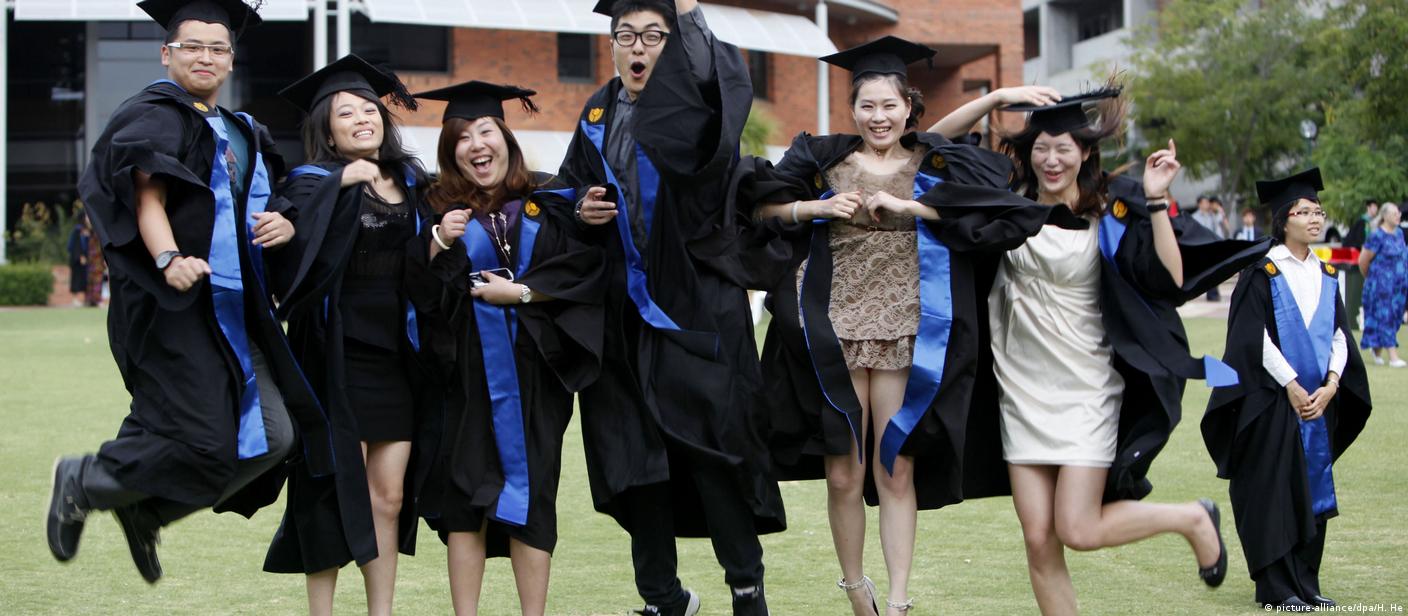UNIVERSITIES RESEARCH
Australia’s university system has evolved to fulfil a range of functions, which individually and collectively help to drive public good outcomes and national prosperity.
University research not only leads to new products and new industries, it also informs public debate, improves our health and wellbeing and helps solve our most complex problems. It adds to our understanding of our history, culture, society and appreciation of the world around us.
Cutting-edge research in Australian universities also informs how we educate the next generation of university-trained professionals, researchers and leaders.
AT A GLANCE
In 2019–20, Australia’s universities undertook 36 per cent of Australia’s total R&D, and almost 80 per cent of public sector research.
universities perform 87 per cent of discovery or basic research in Australia.
 in 2020, universities performed approximately 45.3 per cent of all applied research in Australia compared to 38.9 per cent by Australian businesses.
in 2020, universities performed approximately 45.3 per cent of all applied research in Australia compared to 38.9 per cent by Australian businesses.
for everyone per cent increase in R&D, Australia’s productivity rises by 0.13 per cent points
even though Australia is home to just 0.3 per cent of the world’s population, we produce around three per cent of the world’s research.
more than 90 per cent of Australian university research is rated as world class or higher.
universities represent the majority of Australia’s research workforce at 81,090 FTE out of a total workforce of 180,540 FTE (45 per cent) in 2020, and
postgraduate students compromise 57 per cent of the university R&D workforce, making them significant contributors to Australia’s research efforts.
RESEARCH WORKFORCE
Researchers work in universities, government, not-for-profits and the industry sector. University research staff is made up of academics in teaching and research positions, research-only positions and post-graduate students.
Universities represent the majority of Australia’s research workforce at 81,090 FTE out of a total workforce of 180,540 FTE (45 per cent) in 2020.
Postgraduate students compromise 57 per cent of the university R&D workforce, making them significant contributors to Australia’s research efforts. In 2020, 65,397 students were enrolled in Higher Degree by Research courses, and 10,235 research students graduated from their program.
University researchers are a critical part of the research system, building a pipeline of innovative ideas, which boost productivity, enhance our society and contribute to knowledge globally.
RESEARCH QUALITY AND INTEGRITY
The conduct of research in Australia is governed by a framework comprising three key documents:
- the Australian Code for the Responsible Conduct of Research 2018.
- the National Statement on Ethical Conduct in Human Research; and
- the Australian code for the care and use of animals for scientific purposes.
 These documents provide the integrity framework and explain what is expected of researchers by the community. They have been jointly developed by the National Health and Medical Research Council, the Australian Research Council and Universities Australia.
These documents provide the integrity framework and explain what is expected of researchers by the community. They have been jointly developed by the National Health and Medical Research Council, the Australian Research Council and Universities Australia.
AUSTRALIAN CODE FOR THE RESPONSIBLE CONDUCT OF RESEARCH
The Code is the primary document governing research integrity and states:
The Code sets out principles and responsibilities that both researchers and institutions are expected to follow when conducting research. Critical to this endeavour are the moral leadership and espoused values of the institution and the shared values and expectations of honesty and integrity that characterise an institution’s leadership and culture.
More information about the code is available on the NHMRC’s website.
NATIONAL STATEMENT ON ETHICAL CONDUCT IN HUMAN RESEARCH
The purpose of this National Statement is to promote ethically good human research. Fulfilment of this purpose requires that participants be accorded the respect and protection that is due to them. It also involves the fostering of research that is of benefit to the community.
More information about the national statement is available on the NHMRC’s website.
AUSTRALIAN CODE FOR THE CARE AND USE OF ANIMALS FOR SCIENTIFIC PURPOSES
The purpose of this Code is to promote the ethical, humane and responsible care and use of animals used for scientific purposes. It provides guidance for investigators, institutions, animals ethics committees, animal carers and all those involved in the care and use of animals for scientific purposes.
More information about the code is available on the NHMRC’s website.





